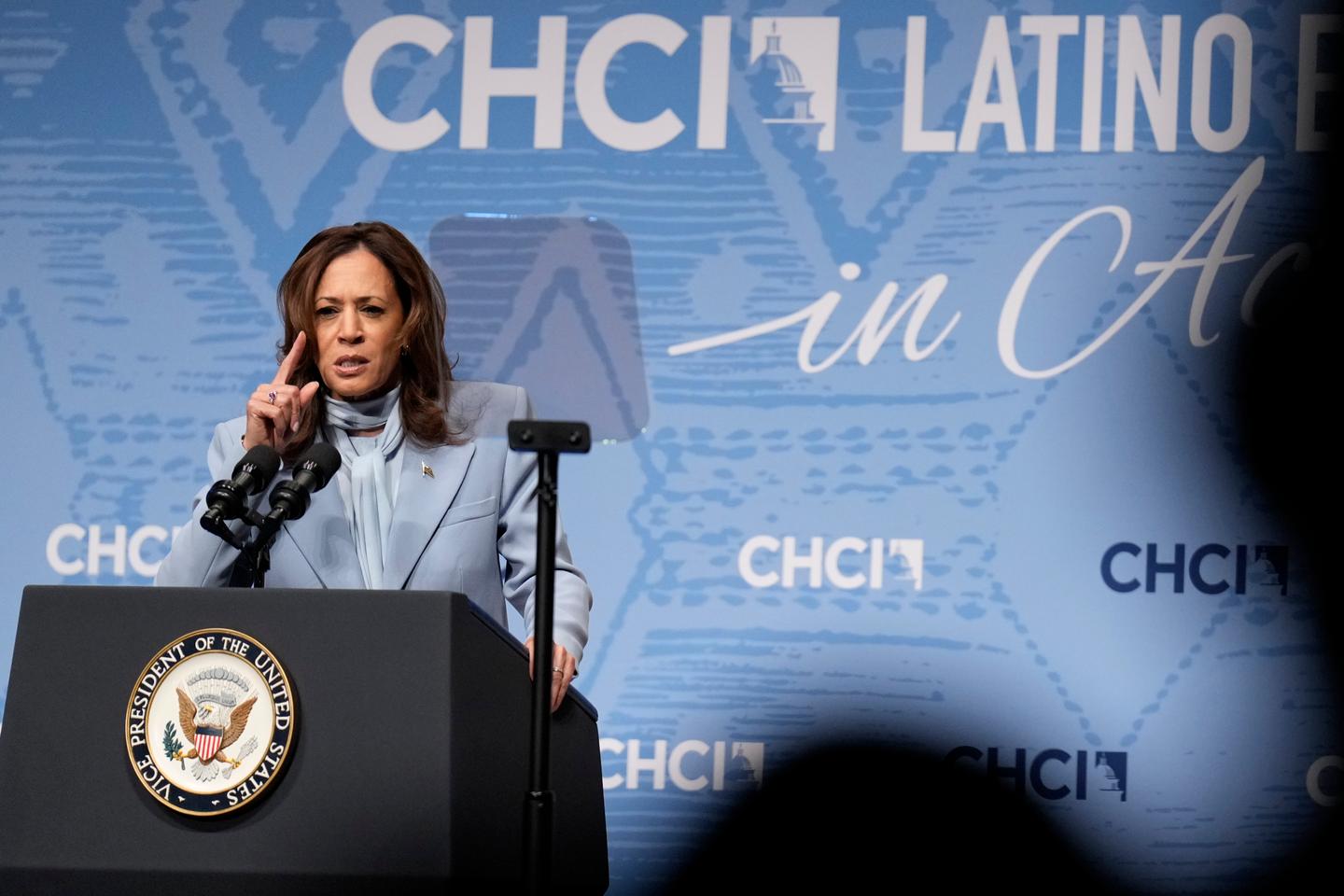


A multicultural party par excellence, the Democratic Party is often described as a "coalition of ethnic minorities," along with progressive white residents of major cities on the East and West Coasts of the US, joined by the most progressive and often unionized elements of the working class.
Today this coalition is seriously weakened. Affected by the economic crises and deindustrialization of the Midwest, a large part of the working class has left the Democratic Party to join the Republican Party. The phenomenon has a long history: As early as the 1960s, Richard Nixon managed to win over construction workers. More recently, and more worrisome for Kamala Harris's run for the 2024 presidential election, is the slow disaffection of "ethnic" populations in the swing states that will decide the electoral college. According to the latest polls, the disaffection is small – a few percentage points – but enough to swing the election, if success comes down to a few thousand votes.
There are numerous signs of erosion in the Black vote. In 2020, 92% of African-American voters supported Joe Biden. Today, according to a poll published on October 13, in the New York Times, conducted with Siena College University, only 78% of likely voters show a preference for Harris, compared with 15% for Donald Trump. Note the importance of the gender gap: according to the same source, 83% of Black women favor Harris, against 12% Trump, but only 70% of Black men express the same preference, while 20% prefer Trump. The latter, according to other surveys, and especially the younger among them, didn't take Trump's racist and conspiratorial comments seriously, and found them rather "amusing," in keeping with the hip-hop and rap culture so popular with this category of voters.
African-American supporters of the Republican candidate come together in the "Black Men for Trump Advisory Board." In a statement, they stated that it must be understood that there is nothing communitarian about their vote: "Black Americans are not a monolith, and we don't owe our votes to any candidate just because they 'look like us'."
A certain macho culture
There's the same erosion in the Hispanic vote, captured, among others, by the same New York Times poll: 56% of potential Hispanic voters said they favored Harris, compared with 37% for Trump. In 2020, Biden was supported by 59% of Hispanic voters. The 3-point gap is small but notable; it's most pronounced within swing states. A macho culture could partially explain this erosion, especially among young Hispanics, the majority of whom remain indifferent to candidate Trump's xenophobic comments. The Hispanic vote is even less monolithic than the Black vote, and second- and third-generation voters of Mexican origin have little sympathy for the new "undocumented" immigrants from Guatemala, Honduras or Venezuela.
You have 49.02% of this article left to read. The rest is for subscribers only.
